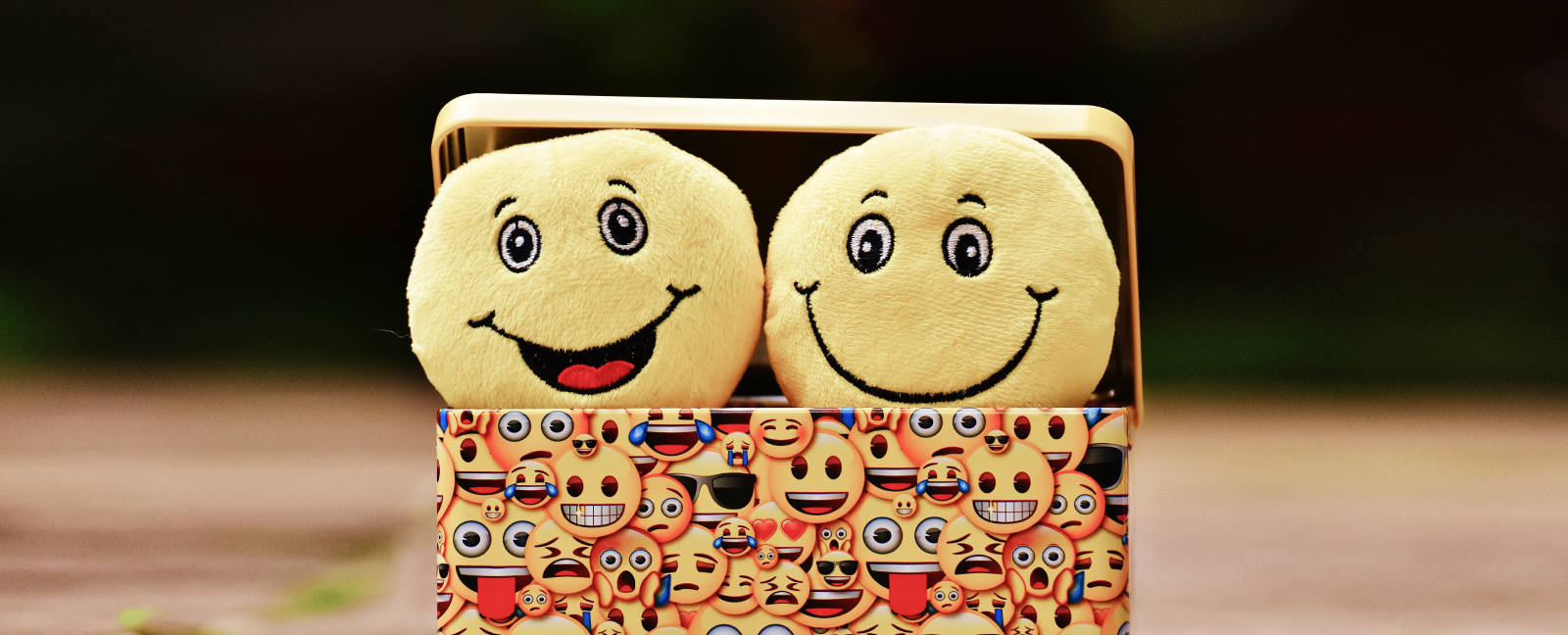Communication and Emotions
At the age of 3, I discovered that my son was autistic*. As a result, his communication skills were impaired and he was living in his own world. I often wondered what the world would be like if we were all autistic! In the midst of all the misunderstanding among people, it does feel that way sometimes. One can’t help but ask why does it feel like this? I believe the answer lies in our emotions and how they are expressed in our daily communication. Listen closely to people as they speak, and you will surely sense the emotion that is behind what they are saying.
If you think back to a time when you were angry, you probably don’t remember much about what you said. How about when you held a conversation while experiencing any other negative emotion? Chances are you remember the contents of it a bit better. Yet, you still do not recall a good part of it. On the other hand, you probably heard yourself sometimes say: I was so happy (or any other overwhelmingly joyous feeling) I don’t remember what I said then. Let’s look now at a different scenario: If you were asked to recall a conversation that you had when you were calm, not under the influence of any intense emotion (negative or positive), you would probably remember that conversation with a lot more clarity.
Effective communicators usually are very careful about the words they choose, the tone of voice they use, and the body language they display. So if we were to judge their emotions when they speak, it would be safe to say they were in a calm state.
It, therefore, stands to reason to infer that one key element to effective communication is our ability to manage our emotions and choosing to communicate only when are able to bring ourselves to an emotionally neutral state. How is that possible you might ask! The answer lies in self-awareness through mindfulness. We must understand our triggers by observing what makes us experience intense negative or positive emotions, then develop techniques to neutralize these triggers in our mind.
* Autism is a developmental disorder that has affected a large number of children throughout the world. It basically impairs the social and communication development in these children forcing them to live in their own world.
Written by: Ibrahim Al Yafi, Partner with Meirc
Related Blogs

Boost Your Life: The Power of Learning and Developing
Navigating life's challenges, it's not uncommon to feel adrift, lacking passion and focus in both our professional and personal spheres. The myriad negative influences surrounding us, or our daily stressors, c...

The Power of Emotional Intelligence
Reflect on your best moments with colleagues or friends. In those instances, it's likely that you were exhibiting a high level of Emotional Intelligence – also known as Emotional Quotient, or EQ. This essentia...

Mastering Effective Presentation Design
Speaking in public is a skill that can be worth a fortune over the course of your career: either you fumble your way through your performances and lose opportunities along the way, or you wow your decision-mak...

The Art of Creative Problem Solving
Creative problem solving is a valuable skill that empowers individuals and organizations to overcome challenges and discover innovative solutions. The ability to think creatively and approach problems from dif...